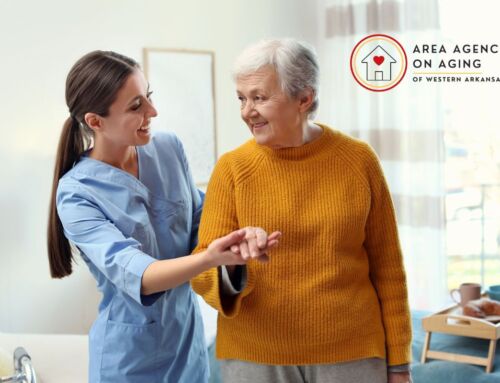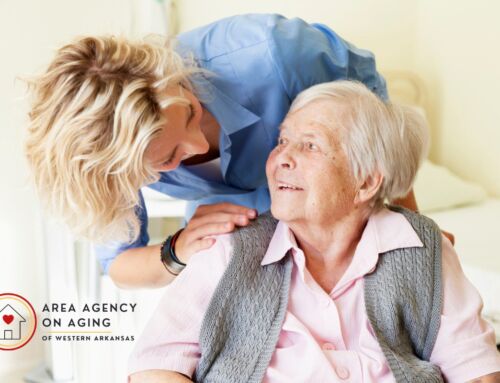
As we age, our needs may change, and a little extra help around the house may become necessary. But with a wide range of in-home services available, choosing the right option can feel overwhelming. Here’s where understanding the crucial distinction between skilled and non-skilled care comes in. This knowledge empowers seniors and their families to make informed decisions about what level of support they need to maintain their health and independence.
Choosing the Right Care for Individual Needs
Many seniors desire to age in the comfort of their own homes for as long as possible. Fortunately, a variety of in-home care options exist. There are two main categories, skilled and non-skilled care, and each cater to an individual’s specific needs.
Ensuring the Right Support for Seniors
Understanding the differences between skilled and non-skilled care empowers seniors and their families to make informed decisions about the support that best suits their health and well-being. Whether you require short-term medical assistance or ongoing help with daily activities, a wide range of in-home care solutions is available.
Skilled Care: Medical Assistance in Your Home
Skilled care provides medical services in the comfort of your own home. It is typically short-term and prescribed by a doctor following an illness, a surgery, or an injury. Highly qualified healthcare professionals deliver skilled care, ensuring a safe and effective recovery process.
Key Aspects of Skilled Care
- Personalized Care Plans: Skilled care providers work closely with your doctor to develop a personalized plan that addresses your specific medical needs to help at home. This plan may include services such as medication management, wound care, and physical therapy.
- Specialized Equipment: Skilled care providers can arrange for specialized equipment, such as oxygen tanks or hospital beds, to be delivered to your home, allowing you to recover more comfortably and independently.
- Ongoing Monitoring: Skilled care providers will regularly monitor your condition to ensure that you are progressing as expected. They will also report any changes in your condition to your doctor so that your care plan can be adjusted as needed.
Essential Components of Skilled Care
- Medical Services: licensed nurses can administer medications, provide wound care, and manage intravenous therapy. They closely monitor vital signs and report any changes to the physician.
- Rehabilitation Services: Physical therapists help you regain mobility and strength, while occupational therapists help you relearn daily activities like bathing and dressing. Speech therapists may also be part of the team to help with communication difficulties.
- Licensed Professionals: Skilled care is often provided by registered licensed licensed nurses, licensed practical licensed licensed nurses, physical therapists, occupational therapists, and speech-language pathologists.
Non-skilled Care: Supportive Assistance for Help at Home
Non-skilled care, also known as non-medical care, focuses on providing help at home with everyday activities to promote independence and improve quality of life. It can be long-term or short-term, depending on your specific needs.
The Benefits of Non-skilled Care
- Daily Living Assistance: non-skilled care providers can assist with bathing, dressing, meal preparation, light housekeeping, and medication reminders. This allows seniors to maintain their independence and have a sense of control over their routine.
- Companionship Services: Social interaction is vital for mental and emotional well-being. Companionship care provides an opportunity for conversation, activity, and emotional support, combating feelings of loneliness and isolation. Feeling more connected to their community can improve overall quality of life for seniors.
- Non-Medical Support: Home personal care aides and personal care assistants help with tasks like grocery shopping, errands, and transportation. This can significantly ease the burden on seniors and their families and give families peace of mind.
Area Agency on Aging of Western Arkansas: Your Trusted Resource
Area Agency on Aging of Western Arkansas (AAAWA) is dedicated to helping seniors thrive in their own homes. We offer a comprehensive range of services, including both skilled and non-skilled care options. AAAWA works closely with a network of qualified and compassionate providers to ensure seniors receive high quality care tailored to their specific needs.
How AAAWA Can Help
- Needs Assessment: AAAWA can conduct a needs assessment to determine the level of care you or your loved one requires. This assessment will consider your physical and cognitive abilities, as well as your preferences and lifestyle.
- Care Coordination: AAAWA can coordinate your care, collaborating with your doctor and other healthcare providers to ensure that you receive the right services at the right time.
- Advocacy: AAAWA is committed to advocating for the rights of seniors. If you have any concerns about your care, AAAWA can help you resolve them.
Contact Us for Personalized Assistance
Let us help you find the right care for your unique needs. Contact AAAWA at 479-783-4500 or visit our website at https://agingwest.org/contact/. Our friendly and knowledgeable staff is ready to provide personalized guidance and support.


